Feature Article GEOPOLITICS & GEOECONOMICS 3
Soaring energy prices, the double-edged sword of economic sanctions against Russia, and renewable energy, explained by KATO Manabu, Director General of the Energy Solutions Finance Department at JBIC, and a Russia expert.
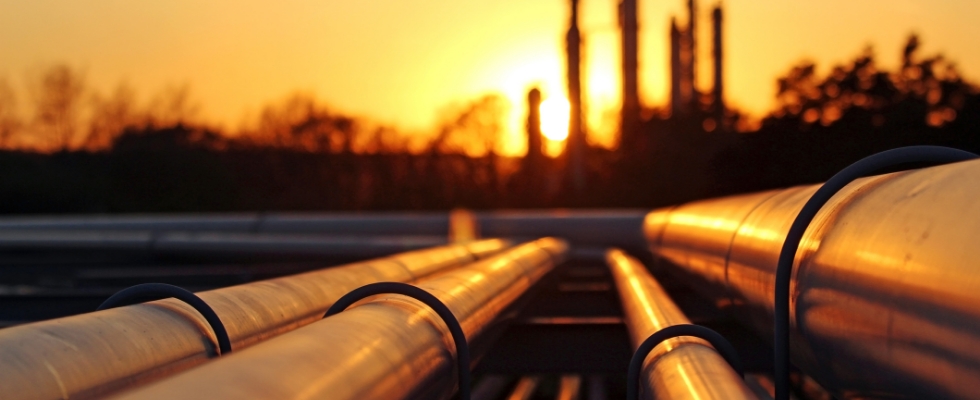
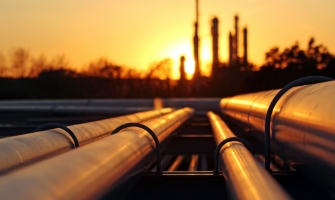
Fossil fuels such as oil and natural gas are not only finite and distributed unevenly in the world, but there are also risks in their transportation through “chokepoints” and countries in conflict.


Risks also lie in transportation. When fossil fuels are transported by ship or pipeline, they often have to pass through maritime chokepoints or countries in conflict, creating challenges around the safety of sea lanes.
Moreover, energy supply is sometimes used as a means to achieve geopolitical objectives. In a conflict between countries, the country supplying a resource can stop exports at a level that benefits itself; similarly, a purchasing country can stop imports from a specific country as a way to apply pressure. This risk was exposed all too clearly by the energy crisis that broke out in the wake of Russian invasion of Ukraine.
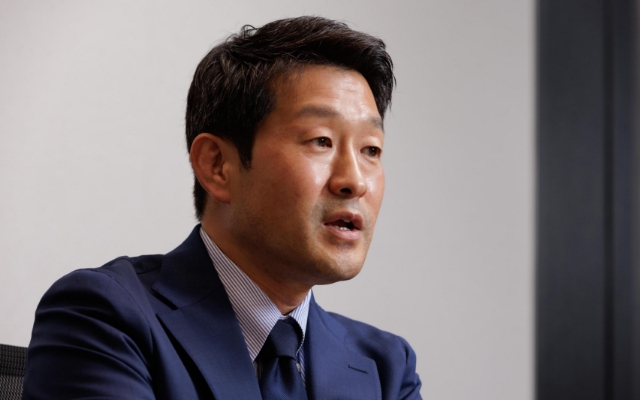
KATO Manabu, Director General of the Energy Solutions Finance Department, JBIC


While the shale revolution has enabled the U.S. to be energy self-sufficient, Europe is at a greater disadvantage because of its high dependence on Russian gas supplied through pipelines, with this accounting for nearly 40 percent of its total natural gas procurements in 2019 (2020 BP statistics).
The average gas bill for a single-family home in Germany has more than doubled since 2021. In the U.K. as well, electricity and gas bills soared, leading to frequent protests and deepening political turmoil.
Economic sanctions can be a double-edged sword as they can also damage the economy of the imposing side. Looking at GDP growth rates, for example, the U.S., Europe, and Japan have repeatedly made downward revisions after Russian invasion of Ukraine. There are also fears of stagflation, in which inflation and recession occur simultaneously.
On the other hand, underpinned by strong Indian and Chinese demand for Russian oil, projections for the Russian economy have been repeatedly revised upwards (see table below). Indeed, it may be that the economic sanctions are more damaging to the West and other countries than they are to Russia.


Source : IMF, World Economic Outlook
However, sufficient analysis of the blowback damage from sanctions in the energy sector has not been made. In addition, no country has imposed sanctions on Russia for the enriched uranium necessary to fuel nuclear power plants. That is because the U.S. and Europe both depend on Russia for about 20 percent of their enriched uranium, a supply they do not wish to see cut. Astute assessment of the double standards of the West imposing such sanctions is necessary.


As an island nation, Japan cannot import electricity from other countries through the grid, as can be done in Europe, and so the diversification of import sources is extremely important from the aspect of energy security. JBIC, in collaboration with the Japanese government, strives for long-term energy security by maintaining lines of communication with resource-producing countries to gain an astute understanding of their intentions.
In order to achieve carbon neutrality by 2050, thermal power generation using natural gas or LNG is considered essential for resource-poor countries like Japan. Because natural gas and LNG emit less carbon dioxide than oil or coal, they are expected to play roles as bridging fuels in the transition to renewables.
The invasion of Ukraine disrupted that scenario, however, and there is now fierce competition for natural gas and LNG across the globe. The year 2023 will indeed be the crucial period for securing a stable, long-term energy supply system.
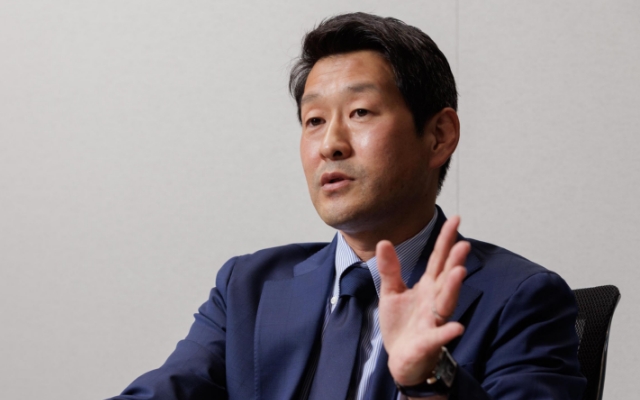


An intense tactical game is being played out between OPEC+ ― made up of OPEC (Organization of the Petroleum Exporting Countries) and other oil producers including Russia ― which is taking actions to maintain prices through production cuts, and the U.S., which wants oil prices to go down while curbing Russian oil revenues. Oil prices are projected to remain high and unstable for some time to come.


In addition, with 80 percent of the polysilicon for solar panels said to be produced in China, solar power is not immune to geoeconomic risk. As for wind power, China holds about a 70 percent share in the production of rare earths indispensable for wind turbines.
While efforts to become carbon neutral are urgent tasks for the world to address, it is important to be aware that as long as supply chains go beyond national borders, there will always be geoeconomic risks, even in the case of renewable energy.
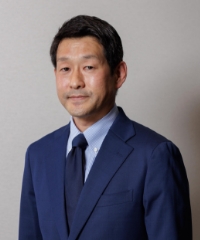

Director General, Energy Solutions Finance Department, JBIC
KATO Manabu
Joined JBIC in 1996. Was stationed in Moscow, engaged in Russia’s resource development and export projects, etc., for a total of eight years. Served as the Special Advisor for geoeconomic risks and other positions before assuming his current position. Graduated from the Faculty of Law, Keio University. Author of “Kotei-CEO Putin no Yukue (Putin, Emperor and CEO )”.








